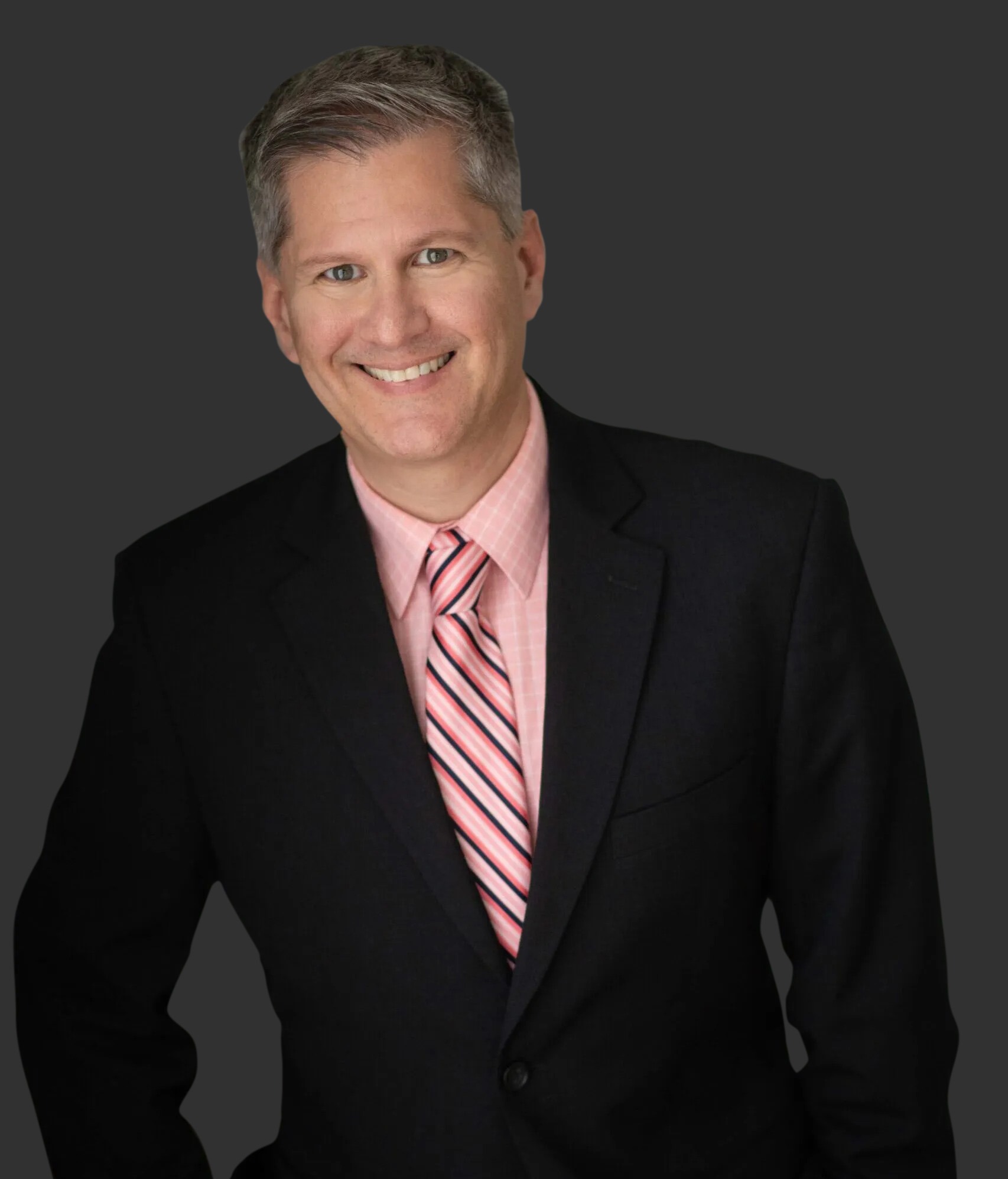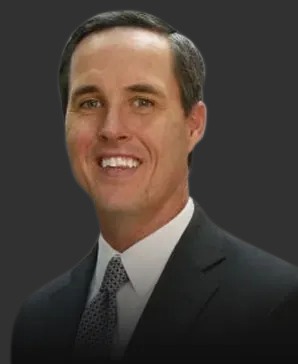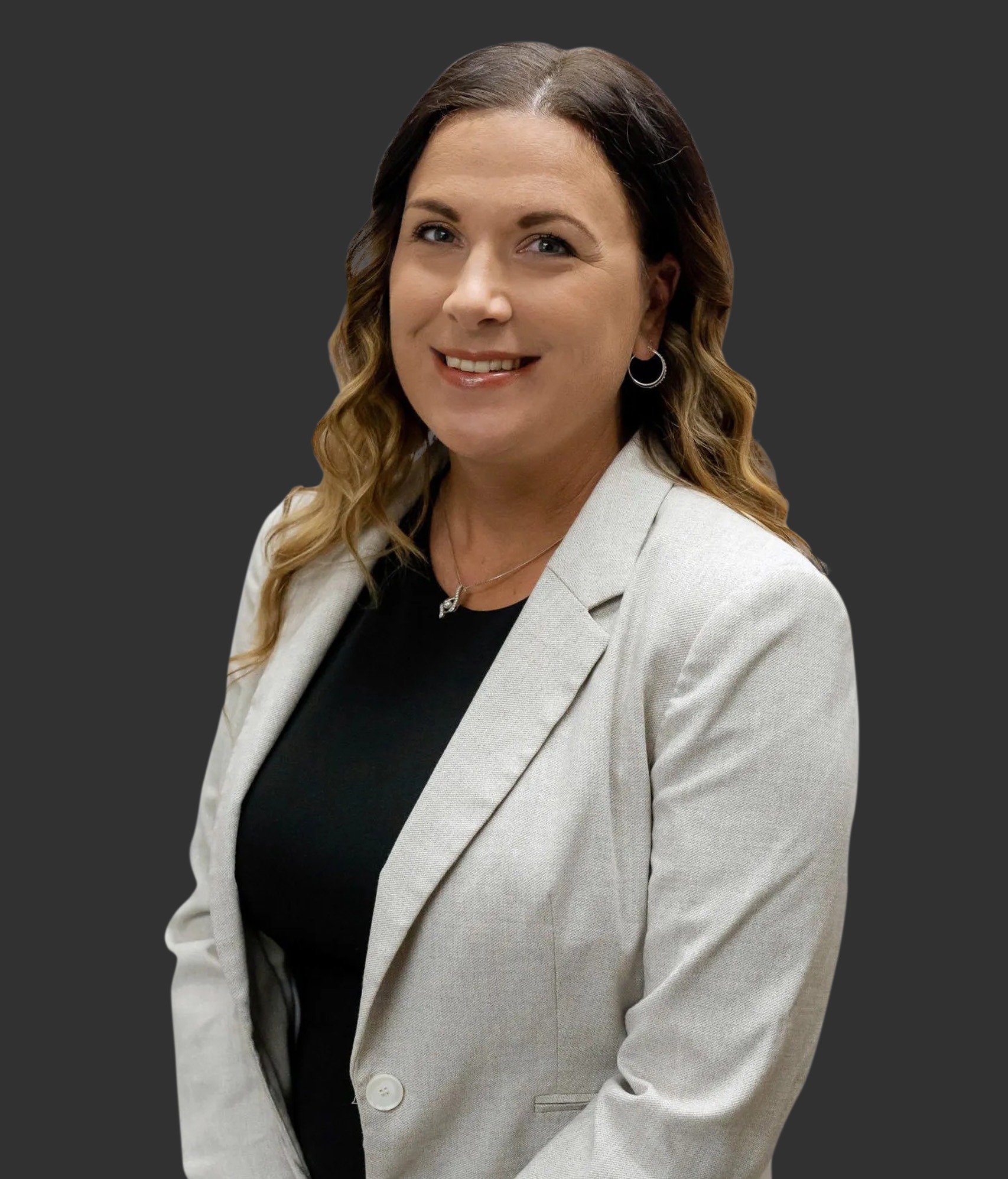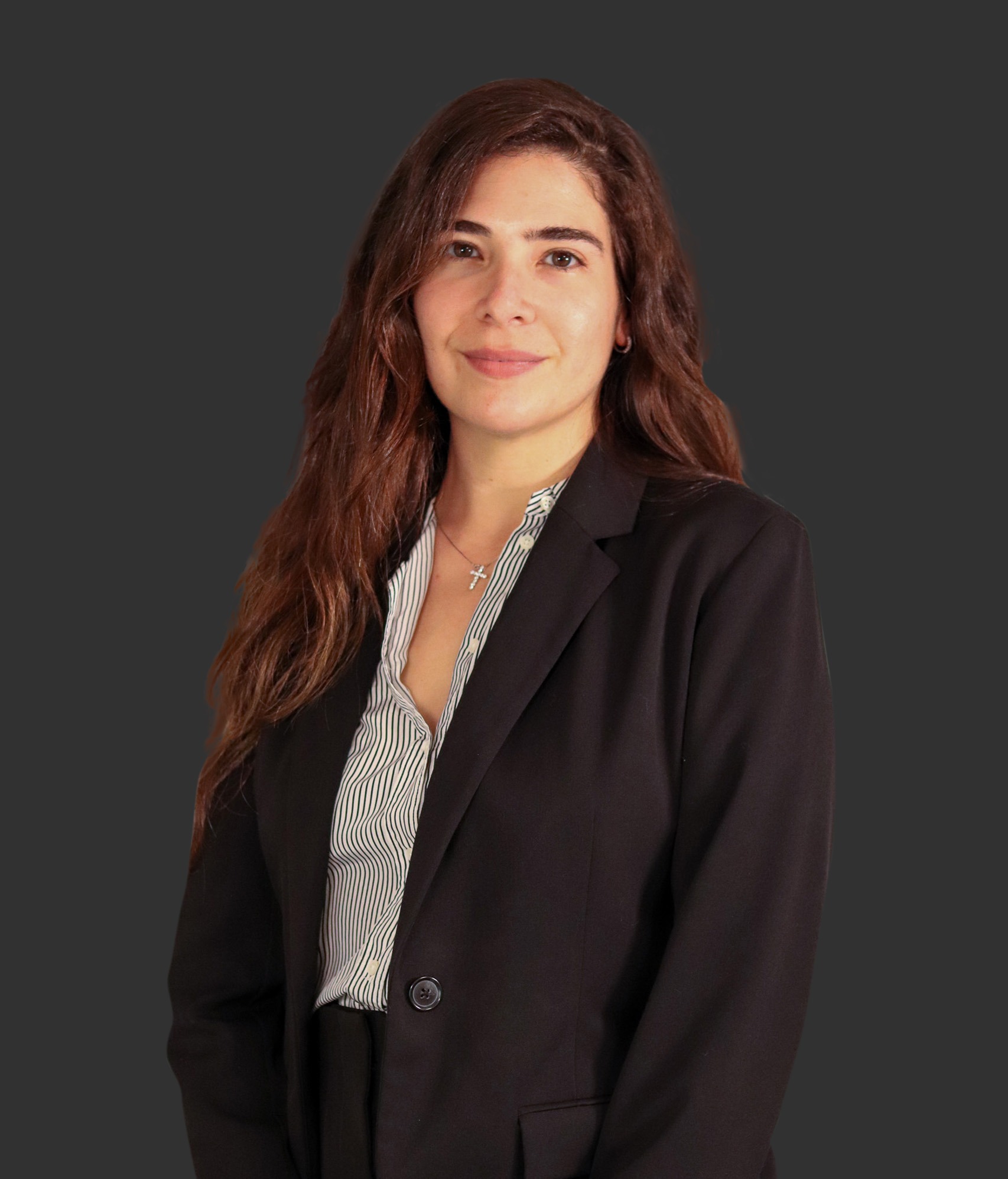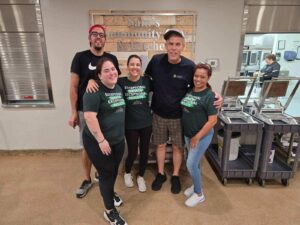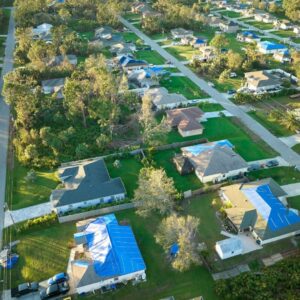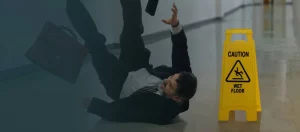
Millions of Floridians and visitors to our great state walk into stores, restaurants, malls, and theme parks every day. And each day, some of these Floridians and visitors sustain injuries during their visits to one of these places in Fort Myers. Whether they slip and fall on slippery floors or they trip over an object that should never have been in the walkway, people are injured every day in Fort Myers.
If you or a loved one has been injured while visiting a property, you deserve an aggressive and skilled Fort Myers personal injury lawyer to stand by your side and guide you through the complex claims process. Florida law requires the property owner to keep the premises in a reasonably safe condition. This includes keeping walkways clear of debris, cleaning up spills, and providing security to keep visitors safe. When you enter a mall, a theme park, or a restaurant, you expect the property to be ready for you to enter.
If it’s not safe and you are injured, the property owner has failed to keep the property safe for your visit and they owe you compensation. No sum of money will negate your injury and your suffering. But it will help to cover your expenses, and that is important. If you or a loved one has been injured while visiting any property, you could receive compensation for your injuries from the property owner.
Premises Liability Keeps You Safe
In Florida, property owners are legally bound to keep you safe. This means that they must take action to rectify a problem on their property within a reasonable time or make you aware of the problem. During Florida’s rainy season, we’ve all experienced wet floors as we enter a store. That property owner is required to do what they can to keep the floor dry by using floor mats or fans and they are required to let you know there is a potentially dangerous situation by putting up a “wet floor” sign.
When property owners fail to take action, a court can hold them liable for any injuries caused by their failure to act. In the example above, if a store does not put out a caution sign or put out mats to help soak up some of the water, and someone falls and is injured, the property owner may be liable for the injuries and forced to pay for the medical expenses of the injured person.









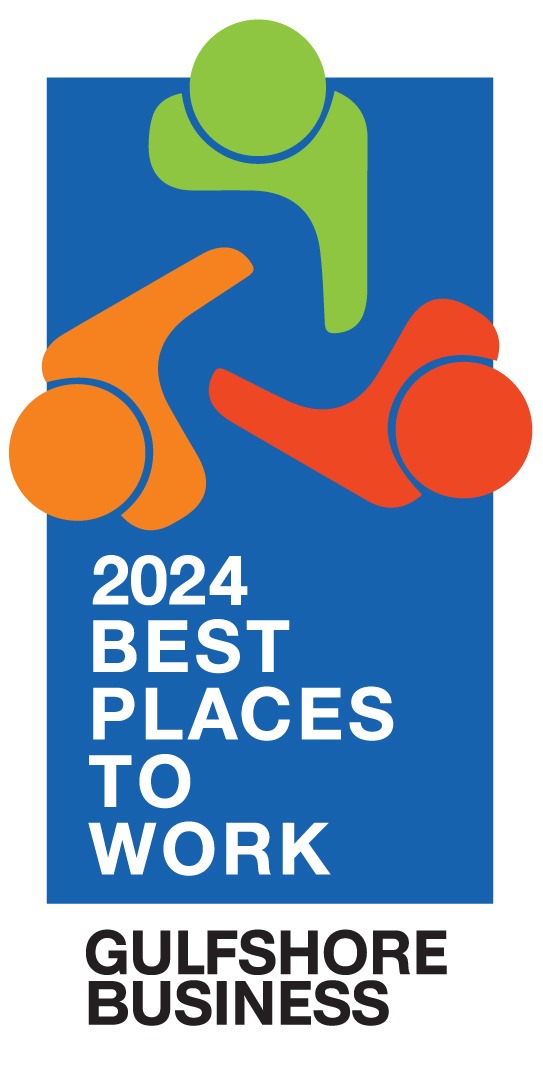
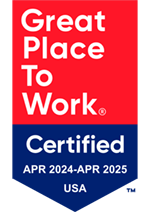
Expect More, Receive More: Legal Support That Feels Like Family
Common Types of Accidents
Wet floors are just one of many types of accidents that fall under premises liability. According to the National Floor Safety Institute, about eight million people visit the emergency room each year because of a fall. Other examples include:
- Tripping over spilled food at a restaurant
- Tripping on uneven flooring or pavement
- Animal attacks
- Falling from a height
- Electrocution and shock
- Violent crimes
The last one often confuses clients. Yes, property owners are required to keep you safe from assault, battery, burglary, robbery, muggings, and other violent crimes. Landlords and property owners have a duty to keep their property secure to protect you from crimes. When a property owner is aware of possible unsafe conditions due to past crime or a location in a dangerous neighborhood, they must take proactive action to protect you on their property.
When they don’t, you can hold them liable when you’re injured on their property. This list above is not exhaustive.
There are many reasons why a property owner may face liability for your injuries. To find out if your injury falls under a premises liability claim in Florida, contact Viles & Beckman today.
Common Injuries
These types of accidents can result in serious injuries that can leave you or your loved one permanently changed. Some injuries may even require a lifetime of medical attention and care. Common injuries include:
- Broken bones
- Burns
- Toxic chemical exposure illness
- Concussions and other traumatic brain injuries
- Spinal cord injuries
- Paralysis
- Death
According to the Center for Disease Control, over 35,000 people die every year in falls. Your injuries may seem minor to you but they may cause you a lifetime of physical and financial pain. And that’s what Viles & Beckman is here to help with: making sure your financial pain is minimized.
Our responsibility is reviewing your case and guiding you to a suitable outcome where your bills are covered. It’s important to remember that you didn’t cause the accident, and you shouldn’t bear any responsibility for the costs associated with your recovery.
Where These Accidents Happen
A premises liability claim can come from any property. But there are several types of properties where people are injured more frequently. These include:
- Malls
- Retail stores
- Grocery stores
- Hotels and resorts
- Apartments and condos
- Swimming pools
- Theme parks
- Parking lots and garages
- Construction sites
- Sports and entertainment venues
- Schools
- Bars, nightclubs, and dance clubs
- Restaurants
- City or government-owned property
- Hospitals
- Work
According to the National Safety Council, nearly 50,000 people are injured so severely at work each year that they require time off. While these are the most common places, if your injury occurred at another type of property, you may still have a strong premises liability claim. The only way to know for sure is to contact Viles & Beckman today.
Advocating for Those Injured
in Car Crashes Since 1995
Complete a Free Case Evaluation form now
Steps to Take After Your Accident
Making sure you have trusted legal representation can go a long way to lifting the burden off your shoulders. You deserve peace of mind knowing your attorney has your best interests at heart.
After your accident on someone else’s property, there are certain steps that you should take right away.
Call 911
If your injuries are not severe, this may seem like an extreme step. In reality, it’s important regardless of your injuries. Calling the police helps to protect and preserve the accident record. The police will create a report that documents what happened in your accident. While the police report may not assign fault, it will allow the insurance company and your personal injury attorney to determine who was at fault.
Get Medical Attention
Calling the police will also allow you to receive prompt medical attention. Have a medical professional document your injuries as soon as possible after your accident. By having a record of your injuries, your Fort Myers premises liability lawyer has a better chance to get you the full value of your claim and to make sure that you don’t have to pay out of pocket for any of your recovery.
Take Pictures
Documenting the accident scene is key to your financial recovery. That includes taking pictures of the accident scene and your injuries. This will help keep a record of the severity of your injuries and how they improve or potentially get worse.
Let the Owner Know
You should make sure the property owner is aware of your accident, but you are not required to give him or her a statement. You are simply letting him or her know that you were injured on the property.
Don’t Speak with the Insurance Company
When you inform the property owner of your injuries, their procedure will likely include calling their insurance company. The insurance company will then call you. Don’t give them a statement until you’ve spoken with a trusted personal injury attorney. The insurance company is going to try and make you seem at fault for the accident so that they don’t have to pay out your claim. Even saying something seemingly innocent, like “I wasn’t watching where I was walking,” could lead the insurance company to fight your claim tooth and nail, making it more challenging for you to make a full and complete recovery.
Call Viles & Beckman
Since 1995, we’ve been helping clients just like you. We know the tactics that insurance companies play. We know what you’re going through, and we know you need financial assistance to get better. Our goal is to get you the compensation you deserve so that you can make a full and complete recovery and get back to the life you love.
Call or text (239) 334-3933 or complete a Free Case Evaluation form

